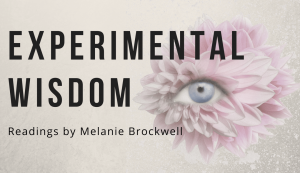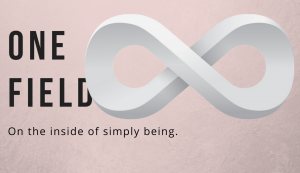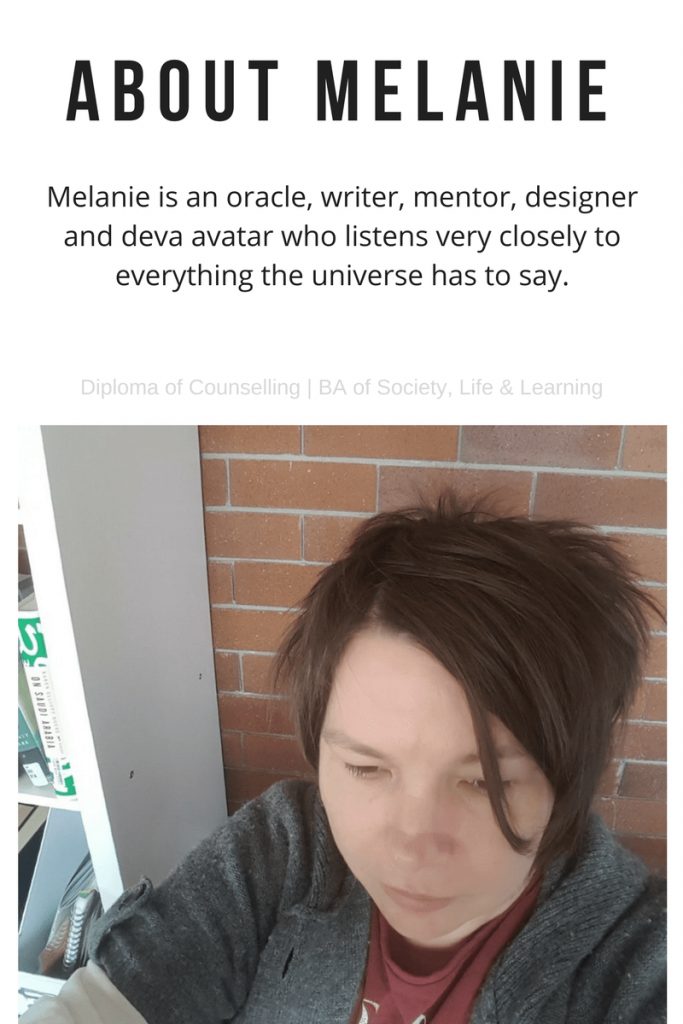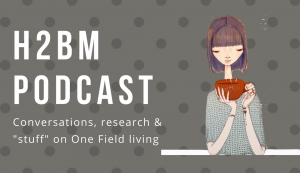What is it to care about or to be caring? I’m looking at how people understand their behaviour as care when they are focused on fixing instead of honouring and wondering how to have that conversation. Let’s try this…
There is a kind of therapy called Gestalt. It’s not really a therapy but more of an experience. Officially you might refer to it as an experimental phenomenology because it encourages you to try new behaviours so you can get a clearer picture of how you operate. You clarify what you are experiencing and how you are doing it.
I like Gestalt because unlike other methods, it doesn’t attempt to analyse your subconscious, unseen or hidden aspects. Gestalt is all about the here and now.
For me, the present is a unique and significant indication of who you are. That means that there’s no holding you to the past, not even five minutes ago because that experience can only be understood as an expression in this moment. Gestalt agrees with me, isn’t that cool?
It’s a complex and compelling therapy that deals with what bubbles to the surface as you become aware of this moment as filtered through your perceptual and cultural biases. It does not attempt to change or fix you. The Gestalt therapist has been described as ‘a creative agent of change, an inventor, and a compassionate and caring human being’*. Did you notice me bring it back to caring there? Seamless people, just brilliant 🙂
So, here’s my thing about caring.
When you want to do something for someone that they will not do for themselves or when you tell someone something they have not asked to hear, especially when it ‘helps’ them, this is not caring.
Now, I’m not talking about making dinner for children or washing someone who happens to be in a coma. I’m referring to situations where you desperately feel the need to fix something or to help someone fix something. This is not caring when it diminishes their sovereignty.
If you step in to do it for them, they can’t figure out how to do it for themselves. For example, if you tied a child’s shoe laces until the day they left home, they would go out into the world minus that skill. How is that caring?
Of course they could buy slip-ons and never have to face the fact that they don’t know how to tie up there own shoes and no-one would be the wiser except when they have kids of their own or if they really, really, really want that job with a dress code… you get the picture.
When you take responsibility for other people’s self-discovery – who they are, what they need, how they find meaning and purpose – you rob them of the opportunity to have that experience. Even in therapy I stick to asking the questions that allow you to recognise how to bring all of your aspects home and how to give them all a room in your house so that you can make every inherent idiosyncrasy work for you. Rarely will I ever tell you anything, except maybe that you are fabulous, and whatever your guides are screaming at me to say out loud. But apart from that, it’s all you.
So, if it pains you to see someone in need or ‘suffering’ and they have not asked you to intervene or they have not indicated any desire to change, then perhaps this situation has been sent to you for a reason. Ask yourself:
What is really going on for you? How can you stay with your experience of discomfort to understand it more intimately?
Discomfort is enlightening. It speaks to you about what you can and can’t live with. Sometimes it is so loud you try to drown out the noise by changing the station. What would happen if you sat with it’s annoying frequency just long enough to hear what it has to say?
Whenever you take the focus off of your own experience – for even someone else’s suffering is filtered through your sensory perception and cultural sensibilities – there is martyrdom or control in play. Chances are you will ‘go out of your way’ (that’s code for martyrdom) to be a hero, or you are ‘doing what needs to be done because you know best’ (and that’s control) to quiet the noise.
Whatever the angle, it is rarely caring.
To care is to stand with someone as they have their experience, it’s having the respect to grant them sovereignty over their actions and meaning, and it’s taking responsibility for your own…
*Zinker (1978) Creative Processes in Gestalt Therapy









